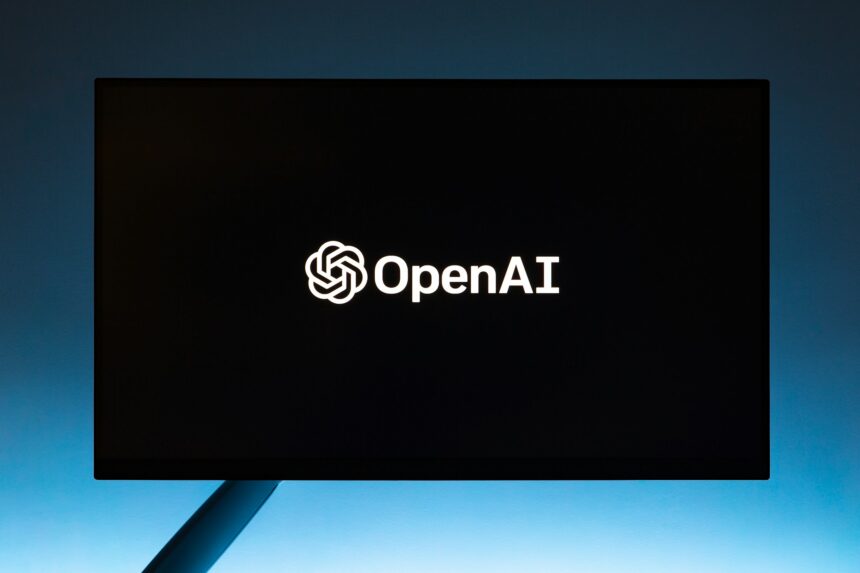The artificial intelligence (AI) industry has seen rapid growth in recent years, with AI companies raising more than CA$84 billion in venture financings in 2021, almost double the amount raised in 2020, and creating over CA$166 billion in value through initial public offerings (IPOs) and mergers and acquisitions (M&A).
The Rise of AI Acquisitions and Mergers
AI-driven valuation models offer more accurate and dynamic assessments of target companies. Automation and intelligent systems streamline post-merger integration. Challenges include data privacy, bias, regulatory compliance, and implementation costs. Ethical considerations are paramount in the adoption of AI in M&A.
Key Phases of AI Mergers and Acquisitions
Target Screening
When selecting acquisition candidates with potentially value-added synergies based on their overall company objectives, AI is a game-changer for traditional opportunity sourcing. Through machine learning, AI allows stakeholders to explore potential acquisition targets and the impact of transactions on strategy and financial performance.
Due Diligence
The impact of AI on due diligence goes beyond just making the process more thorough and efficient. AI can be used to extract real-time EBITDA and public share price data to create a live EBITDA database.
Business Valuation
AI-driven valuation models offer more accurate and dynamic assessments of target companies. This is particularly valuable in industries characterized by rapid change and innovation.
Post-Merger Integration
AI can accelerate the entire process of an M&A deal, especially in the area of accounts receivable, real-time data collection, and more in-depth research of business targets.
Real-World Examples of AI Mergers and Acquisitions
As a result, AI companies are continuously exploring new ways to innovate and provide the best AI-powered solutions to their customers. This has led to a series of mergers and acquisitions (M&A) of AI companies, bringing together some of the most innovative and dynamic businesses in the field.
Challenges and Ethical Considerations
Challenges include data privacy, bias, regulatory compliance, and implementation costs. Ethical considerations are paramount in the adoption of AI in M&A.
“The integration of AI into the M&A landscape is not a recent phenomenon. It’s part of a broader trend that has seen AI become a cornerstone of innovation across various industries.”
Industry Expert
Future Trends in AI Mergers and Acquisitions
With the continued growth of AI, we can expect to see more mergers and acquisitions in this space in the years to come.
In conclusion, the impact of major AI acquisitions and mergers on the industry is profound. From enhancing due diligence to streamlining post-merger integration, AI is transforming the M&A landscape. As the industry continues to evolve, the role of AI in mergers and acquisitions will only become more significant.









